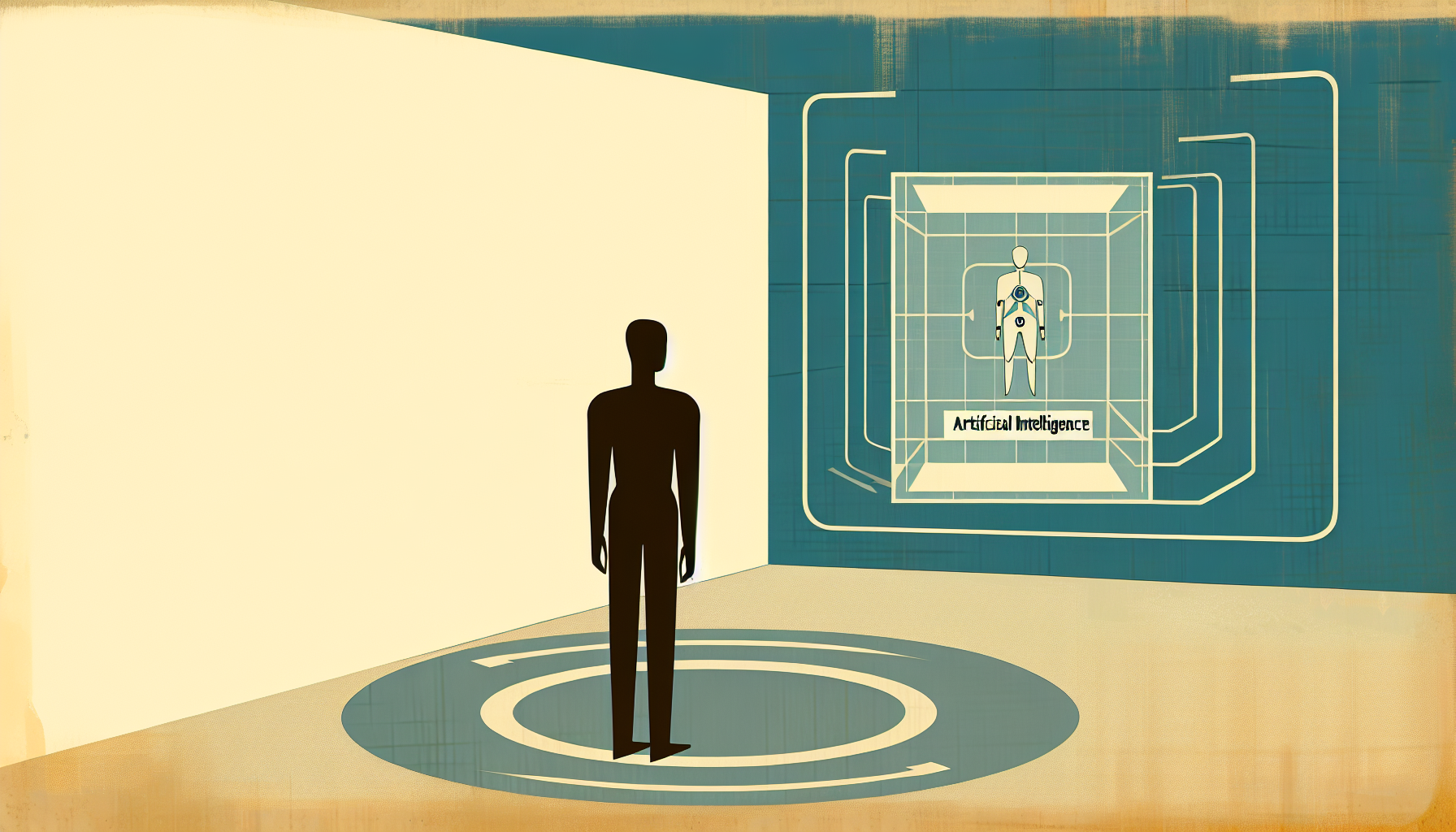As we move deeper into the 21st century, we find ourselves at a crossroads, grappling with the emergence of artificial intelligence. The question now isn’t just how will AI change our world, but rather how it will reshape the frameworks we’ve designed to govern our interactions—especially the social contract. Traditionally, the social contract is a philosophical concept that explores the agreements we all implicitly make within a society, trading certain freedoms for the safety and order that living in a community provides. As AI enters the equation, it’s time to rethink what that contract looks like.
Imagine a world where your car gives you driving advice, your fridge knows your dietary preferences, and your digital assistant controls nearly every aspect of your home environment. That sounds like a dream come true for some, but for others, it raises eyebrows—and fair questions. Who is benefiting from this relationship? Who is accountable when things go awry? And how do we protect our rights and dignity in this new reality?
Rethinking Agency
At the heart of the social contract lies the concept of agency—the capacity to act independently and make choices. In the age of AI, we must ask: where does human agency end and machine influence begin? As we delegate more decision-making power to algorithms, how do we ensure that we remain in control? The delicate balance between benefiting from AI’s capabilities and losing our autonomy serves as the new frontier in our social negotiations.
It’s one thing to ask Alexa to play your favorite playlist and quite another to let her decide when you should exercise or even when to turn off your lights at night. Is that convenience, or is that overstepping? When interacting with machines, we should always have the option to opt-out and maintain control over our lives, even if in practice it feels easier to lean into automation. This is a fundamental principle that must be built into our new social contract.
Accountability: Who’s in Charge Here?
The introduction of AI also raises important questions about accountability. When an autonomous vehicle crashes, who takes the blame? Is it the car manufacturer, the software developer, or the user who got behind the wheel? As we forge ahead, we need clear guidelines outlining who is responsible for the actions of AI systems. A new framework must specify that humans—not machines—bear the ultimate responsibility for decisions involving AI. This not only protects human rights but ensures machines remain tools, rather than decision-makers.
Let’s take a silly hypothetical—a robot dog you’ve programmed to fetch your slippers has a dreadful malfunction and devours the neighbor’s cat. Who pays the vet bill? Oracle may have the answer, but it’s likely that this is a court case nobody wants to be part of. Ensuring accountability and addressing the moral repercussions of AI behavior is essential in sketching out this new social contract.
Privacy and Data Usage
Privacy is another vital piece of this puzzle. As algorithms become more sophisticated, they will siphon immense amounts of data from our lives—not just our preferences, but our very identities. We willingly exchange our data for convenience, but we must establish rights governing how this data is used, stored, and protected. A social contract in the age of AI must include robust privacy protections that respect individuals’ autonomy and security without stifling innovation.
The famous saying goes, “If you’re not paying for the product, then you are the product.” In the age of AI, this is truer than ever. Our data fuels the algorithms of companies like Google, Facebook, and a host of others. But should this exchange be so one-sided? Can we not negotiate a more equitable deal that keeps humans at the forefront of technology rather than relegating them to mere commodities?
The Role of Ethics
Another crucial aspect of the social contract in this new age is the ethical implications of AI. As we design systems that govern everything from healthcare to law enforcement, we must ensure that they reflect our values as a society. Algorithms shouldn’t operate as black boxes where decisions are made without transparency or understanding. It’s imperative that we embed ethical considerations into AI development and implementation, ensuring it aligns with societal norms and safeguards against discrimination.
Consider how a critical AI tool—like an algorithm used for hiring—could perpetuate bias if not carefully monitored. The repercussions of these algorithmic biases can be significant, potentially harming entire communities. Therefore, our social contract must include a commitment to ethical AI development and continuous evaluation of its societal impact.
Embracing the Future Together
Ultimately, establishing a new social contract for human-machine interaction requires collaboration. It involves a shared acknowledgment between stakeholders: technologists, lawmakers, ethicists, and the public. Together, we can create a landscape where AI enhances human life rather than diminishes it.
So, as we consider the frameworks to guide our future interactions with AI, let’s remember that this isn’t just about technology; it’s about people. The debates we engage in today will define not just our relationship with machines—but with one another. In the age of AI, let’s aim for a social contract that truly honors our humanity. After all, no one wants a robot deciding the best time to give them a wake-up call based on what it thinks is “best for them”—unless, of course, it’s got coffee ready.

Leave a Reply